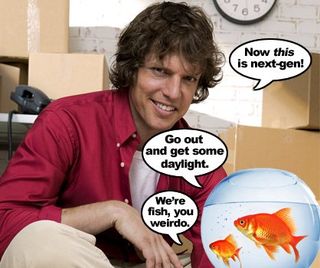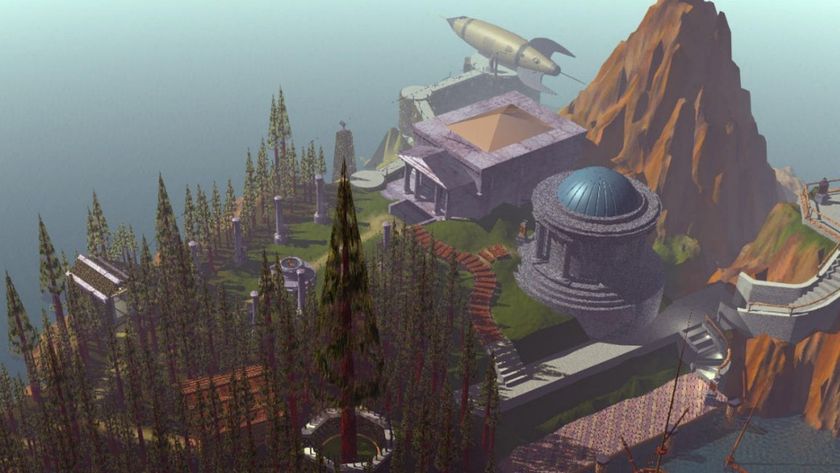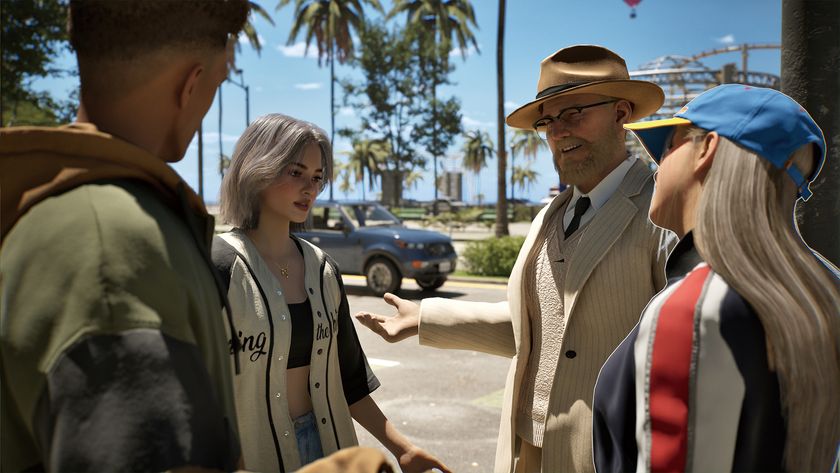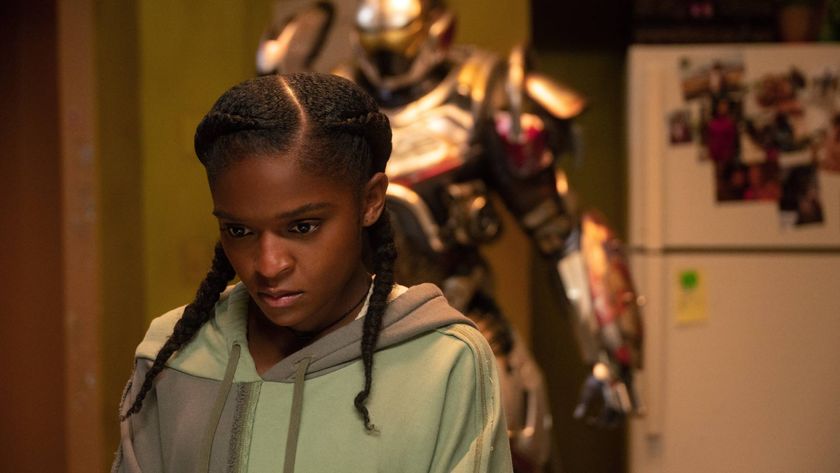The Top 7... failed futures of gaming
They were once the way ahead. But now they're dead
The promise
A whole new world of... No, no more! The underserved hyperbole stops now.Voice control was popularised (for want of a much more accurate word) by Nintendo's mic-equipped Hey you, Pikachu! on the N64, before evolvingintothe Dreamcast'scult aquatic conversation simulator Seaman. We've since seen it reappear via Ubsoft's recent Tom Clancy games and the DS mic. Again, the idea was to bring us coser to our game worlds of choice by allowing us to interact with them just like we would with the real world. Ignoring once more, the fact that we play games because they're more fun than the real world.

The crushing reality
We control things by talking all day long. It's our most basic and most effective way of communicating with and affecting our surroundings. Games are escapism, and making them operate just like everything else strips away the excitement. And until AI (and microphone technology for that matter) catches up with Knight Rider, the best we're going to get from our CG talk-partners is a garbled mix of recycled, canned responses and requests to repeat whatever it is that we just said.

Plus, if you spend hours on end talking to a fish outside of a video game, you'll be quite rightly diagnosed with schizophrenia or terminal lonliness. Maybe both. Actually, definitely both. Just think about that.
The promise
Sign up to the GamesRadar+ Newsletter
Weekly digests, tales from the communities you love, and more
Much like a high fibre diet, episodic gaming purported to make releases smoother, faster, more regular and a great deal more manageable. Just like a high fibre diet, it produced a honking great load of shit.
The crushing reality
We're still waiting for Half-Life 2: Episode Three, four years after Episode One came out. That's two-thirds of a game in twice the usual development time for a full one. What was billed as a punchy new, edge-of-the seatmethod of keeping gamers topped up with regular fun has turned into a yawn-filled running joke, as we all wait for the completion of an episodic add-on trilogy that has now taken nearly as long to develop as the original Half-Life 2 did from scratch.
Telltale Gamesis the only company that really pulls off episodic games to an impressive degree, but perhaps that's becauseits witty, dialogue-driven adventures are a genre actually suited to the model, unlike 90% of mainstream games. From everyone else though, it's just long waits for short plays, and sometimes even series killed off mid-flow. Video game Firefly, we do not need.

37-year-old studio behind iconic PC game Myst and one of the longest-surviving indies in the world just laid off "roughly half the team"

Inzoi dev says "highly inappropriate" bug that let you kill kids with your car has been patched out: "We are strengthening our internal review processes"










